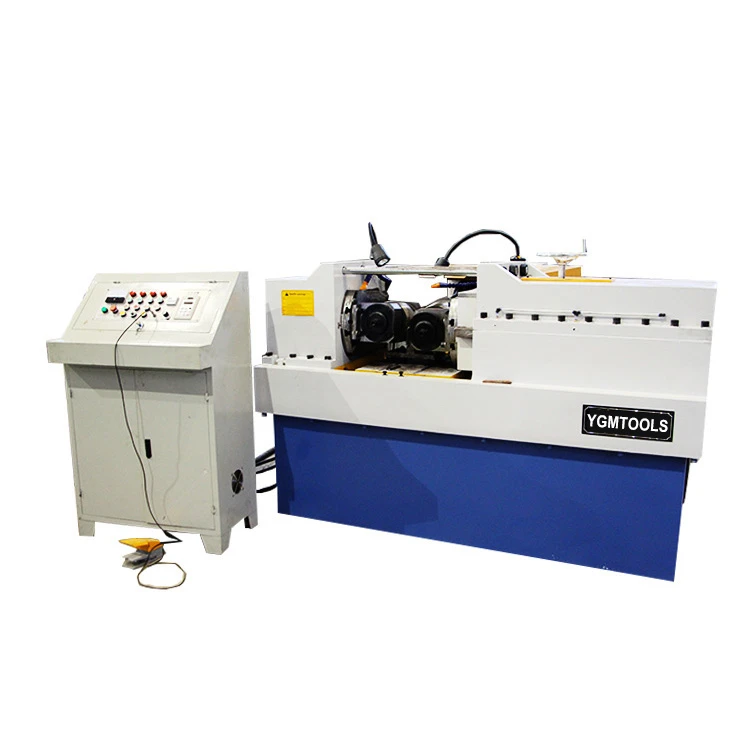
-
 Afrikaans
Afrikaans -
 Albanian
Albanian -
 Amharic
Amharic -
 Arabic
Arabic -
 Armenian
Armenian -
 Azerbaijani
Azerbaijani -
 Basque
Basque -
 Belarusian
Belarusian -
 Bengali
Bengali -
 Bosnian
Bosnian -
 Bulgarian
Bulgarian -
 Catalan
Catalan -
 Cebuano
Cebuano -
 Corsican
Corsican -
 Croatian
Croatian -
 Czech
Czech -
 Danish
Danish -
 Dutch
Dutch -
 English
English -
 Esperanto
Esperanto -
 Estonian
Estonian -
 Finnish
Finnish -
 French
French -
 Frisian
Frisian -
 Galician
Galician -
 Georgian
Georgian -
 German
German -
 Greek
Greek -
 Gujarati
Gujarati -
 Haitian Creole
Haitian Creole -
 hausa
hausa -
 hawaiian
hawaiian -
 Hebrew
Hebrew -
 Hindi
Hindi -
 Miao
Miao -
 Hungarian
Hungarian -
 Icelandic
Icelandic -
 igbo
igbo -
 Indonesian
Indonesian -
 irish
irish -
 Italian
Italian -
 Japanese
Japanese -
 Javanese
Javanese -
 Kannada
Kannada -
 kazakh
kazakh -
 Khmer
Khmer -
 Rwandese
Rwandese -
 Korean
Korean -
 Kurdish
Kurdish -
 Kyrgyz
Kyrgyz -
 Lao
Lao -
 Latin
Latin -
 Latvian
Latvian -
 Lithuanian
Lithuanian -
 Luxembourgish
Luxembourgish -
 Macedonian
Macedonian -
 Malgashi
Malgashi -
 Malay
Malay -
 Malayalam
Malayalam -
 Maltese
Maltese -
 Maori
Maori -
 Marathi
Marathi -
 Mongolian
Mongolian -
 Myanmar
Myanmar -
 Nepali
Nepali -
 Norwegian
Norwegian -
 Norwegian
Norwegian -
 Occitan
Occitan -
 Pashto
Pashto -
 Persian
Persian -
 Polish
Polish -
 Portuguese
Portuguese -
 Punjabi
Punjabi -
 Romanian
Romanian -
 Russian
Russian -
 Samoan
Samoan -
 Scottish Gaelic
Scottish Gaelic -
 Serbian
Serbian -
 Sesotho
Sesotho -
 Shona
Shona -
 Sindhi
Sindhi -
 Sinhala
Sinhala -
 Slovak
Slovak -
 Slovenian
Slovenian -
 Somali
Somali -
 Spanish
Spanish -
 Sundanese
Sundanese -
 Swahili
Swahili -
 Swedish
Swedish -
 Tagalog
Tagalog -
 Tajik
Tajik -
 Tamil
Tamil -
 Tatar
Tatar -
 Telugu
Telugu -
 Thai
Thai -
 Turkish
Turkish -
 Turkmen
Turkmen -
 Ukrainian
Ukrainian -
 Urdu
Urdu -
 Uighur
Uighur -
 Uzbek
Uzbek -
 Vietnamese
Vietnamese -
 Welsh
Welsh -
 Bantu
Bantu -
 Yiddish
Yiddish -
 Yoruba
Yoruba -
 Zulu
Zulu
types of thread rolling machine
Types of Thread Rolling Machines
Thread rolling machines are essential tools in the manufacturing industry, primarily used to create precise threads on various metal components. Unlike traditional cutting methods, thread rolling is a cold forming technique that involves deforming the material to produce threads. This process not only enhances the strength of the threads but also improves the dimensional accuracy and surface finish. There are several types of thread rolling machines, each suited for specific applications and materials.
Types of Thread Rolling Machines
2. Circular Die Thread Rolling Machines In contrast to flat die machines, circular die machines use two cylindrical dies to form threads. This design allows for the production of longer threaded sections and is particularly effective for larger components such as rods and pipes. Circular die machines can handle high production volumes and are popular in industries where long, continuous threads are required.
types of thread rolling machine

3. Radial Thread Rolling Machines Radial machines operate by rolling the workpiece horizontally between two or more dies arranged in a radial pattern. This approach allows for multi-thread rolling, producing complex threaded shapes in a single pass. Radial machines are highly efficient for mass production and are often utilized in automotive and aerospace applications, where quality and precision are paramount.
4. Vertical Thread Rolling Machines These machines feature a vertical orientation, allowing gravity to assist in the feeding of the workpiece. Vertical thread rolling is particularly advantageous for large, heavy, or unwieldy components. This type of machine is frequently used in the manufacturing of fasteners and connectors, where consistent performance and easy accessibility are required.
5. Thread Rolling Attachments Some manufacturers opt for thread rolling attachments that can be integrated into existing machining setups. These attachments provide versatility by allowing operators to convert standard lathes or CNC machines into thread rolling stations. This flexibility is beneficial for smaller workshops or operations that do not require dedicated machines for thread rolling.
In conclusion, thread rolling machines are vital for producing high-quality threaded components across various industries. The selection of the appropriate machine type depends on the specific requirements of the application, including the size and complexity of the threads. As technology advances, the efficiency and capabilities of thread rolling machines continue to improve, paving the way for enhanced production techniques in the manufacturing sector.
